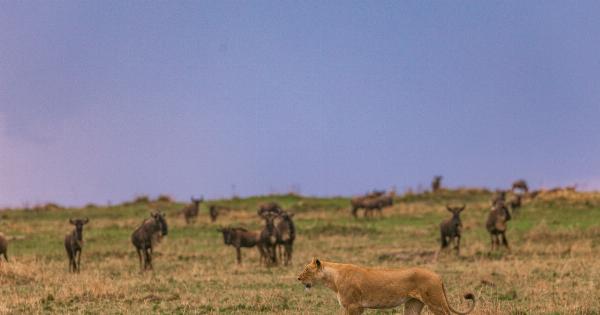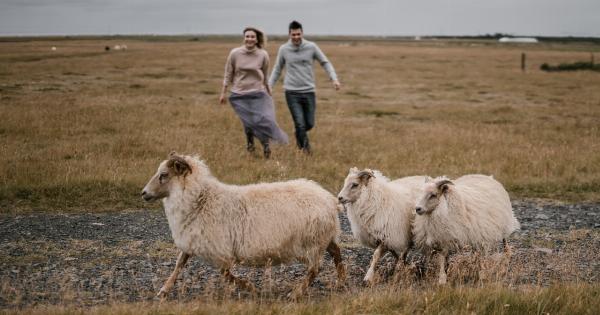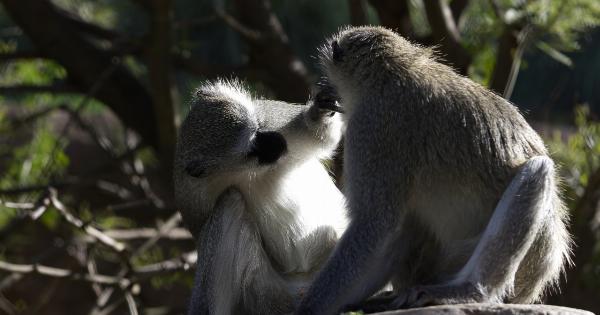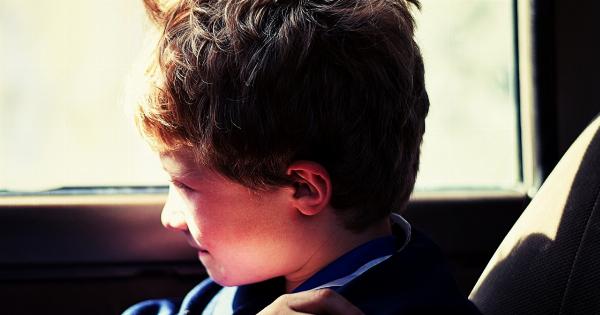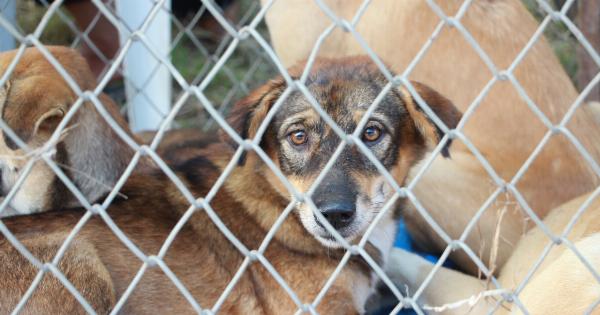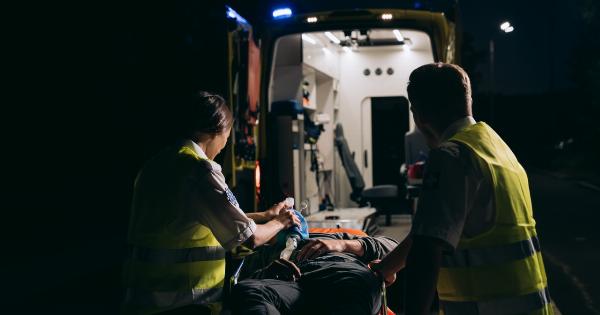Animal abuse is a pressing issue that demands our attention and action. It is a cruel and inhumane practice that causes immense suffering to innocent creatures who cannot defend themselves.
While animals cannot speak for themselves, it is our duty to be their voice and stand up against their mistreatment. In this article, we will explore various aspects of animal abuse, its consequences, and how we can make a difference by speaking out against it.
Definition of Animal Abuse
Animal abuse refers to any act of cruelty or harm inflicted upon animals, whether it is intentional or unintentional. This can involve physical, emotional, or psychological abuse.
Physical abuse includes acts such as beating, kicking, or torturing animals, while emotional abuse can manifest through neglect, isolation, or abandonment. Animal abuse can occur in various settings, including homes, farms, entertainment industries, laboratories, and even in the wild.
Forms of Animal Abuse
1. Neglect.
Neglect is one of the most common forms of animal abuse. It occurs when the basic needs of an animal, such as food, water, shelter, and veterinary care, are not met.
Animals subjected to neglect often suffer from malnutrition, dehydration, untreated injuries or illnesses, and extreme living conditions.
2. Physical Abuse.
Physical abuse involves deliberately causing harm or injury to an animal. This can range from hitting, kicking, or punching to using various objects as weapons.
Physical abuse not only inflicts immediate pain and suffering but can also lead to long-lasting physical and psychological trauma for the animal.
3. Animal Fighting.
Animal fighting, such as dogfighting and cockfighting, is a brutal form of entertainment that involves pitting animals against each other in a fight to the death.
Not only does this result in severe injuries and fatalities for the animals involved, but it also promotes a culture of violence and cruelty.
4. Wildlife Abuse.
Wildlife abuse occurs when humans encroach on natural habitats, exploit wild animals for various purposes, or participate in illegal activities such as poaching or trophy hunting.
This disrupts ecological balance, threatens biodiversity, and further endangers already vulnerable species.
5. Animal Testing.
Animal testing involves using animals for experimentation in scientific, medical, or cosmetic research. While it may have led to some advancements in these fields, it often involves subjecting animals to pain, distress, and even death.
This practice raises ethical concerns and alternative methods should be explored and promoted.
The Consequences of Animal Abuse
Animal abuse has far-reaching consequences, not only for the animals themselves but also for society as a whole.
1. Animal Suffering.
The primary consequence of animal abuse is the immense suffering it causes to innocent creatures. Animals experience physical pain, fear, and emotional distress, leading to a diminished quality of life and, in some cases, premature death.
They are living beings capable of feeling pain and displaying a wide range of emotions, and it is our moral responsibility to ensure their well-being.
2. Impact on Ecosystems.
Wildlife abuse disrupts the delicate balance of ecosystems. When species are indiscriminately hunted or habitats are destroyed, it can lead to the extinction of certain animals, negatively impact biodiversity, and destabilize entire ecosystems.
It is essential to recognize the interconnectedness of all living beings and take steps to protect our natural environment.
3. Link to Human Violence.
Studies have shown a disturbing link between animal abuse and violence towards humans. Individuals who engage in animal abuse are more likely to exhibit aggressive behaviors towards other people.
By speaking out against animal abuse, we can prevent such behavior from escalating and protect both animals and humans from harm.
4. Moral Responsibility.
As caretakers of the planet, humans have a responsibility to protect and care for all forms of life. Animals deserve to be treated with compassion, respect, and dignity.
By combating animal abuse, we uphold our moral duty to advocate for those whose voices often go unheard.
How to Speak Out Against Animal Abuse
1. Report Suspected Abuse.
If you come across a situation where you suspect animal abuse, it is essential to report it to the appropriate authorities. This can be local animal control agencies, animal welfare organizations, or the police.
By raising awareness and providing evidence, you can help ensure that the abusers are held accountable for their actions.
2. Support Animal Welfare Organizations.
There are numerous animal welfare organizations dedicated to protecting and advocating for animals. By volunteering your time, donating funds, or participating in their campaigns, you can actively contribute to the cause.
These organizations work towards rescuing abused animals, providing them with care, and advocating for stronger animal protection laws.
3. Educate Others.
Spread awareness about animal abuse by educating others. Use social media platforms, organize community events, or engage in conversations to highlight the issue and its consequences.
By promoting empathy and compassion towards animals, we can create a more compassionate society.
4. Support Legislative Efforts.
Support laws and regulations that aim to protect animals from abuse. Stay informed about the policies in your region and actively participate in campaigns that seek to strengthen animal protection legislation.
Contact your local representatives and voice your concerns to ensure the well-being of animals remains a priority.
5. Adopt, Don’t Shop.
If you are considering bringing a pet into your home, consider adopting from an animal shelter or rescue organization.
By rescuing an animal, you not only provide them with a loving home but also contribute to reducing the demand for animals bred in questionable or abusive conditions.
The Importance of Speaking Out
Speaking out against animal abuse is of utmost importance as it gives a voice to those who cannot speak for themselves. By raising awareness and taking action, we can create a society that respects and protects all living beings.
Every voice matters, and together we can make a significant difference.
Conclusion
Animal abuse is a grave issue that requires immediate attention and action. It is our moral responsibility to speak out against such cruelty and work towards ending it.
Each one of us has the power to make a difference in the lives of animals through reporting abuse, supporting animal welfare organizations, educating others, and advocating for stronger animal protection laws. Let us be the voice for the voiceless and create a world where animals are treated with compassion, respect, and dignity.



